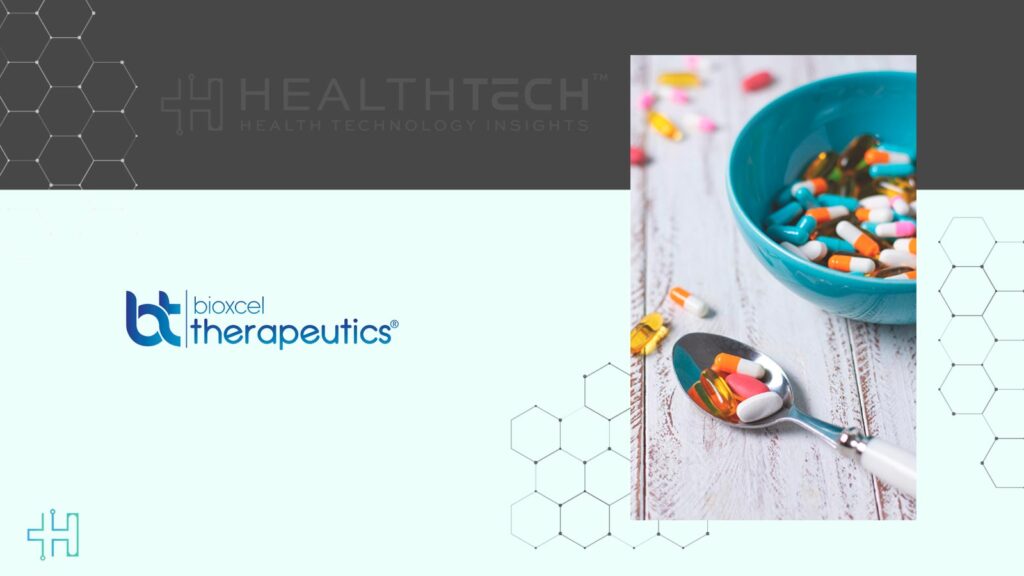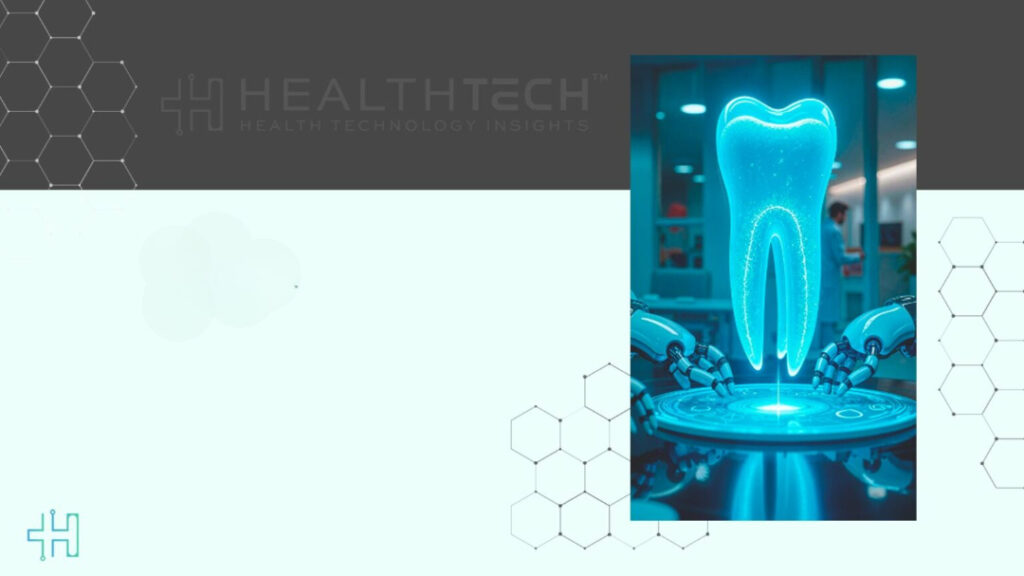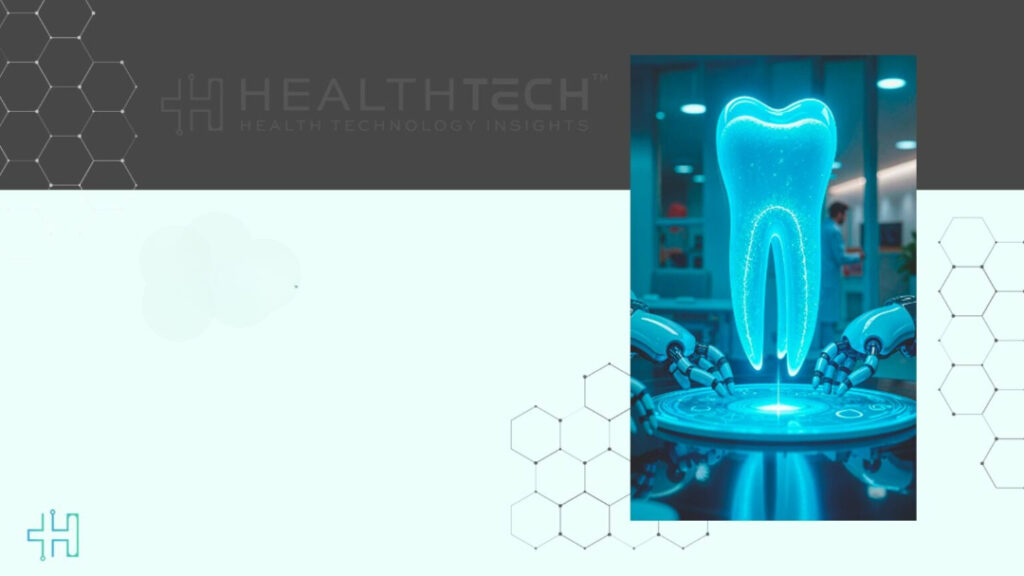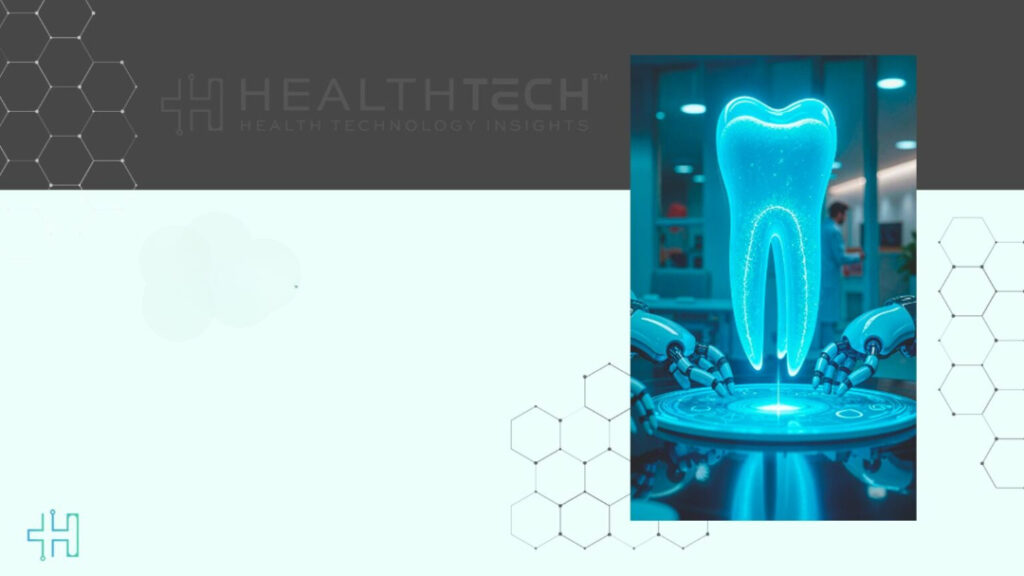Leading academic institutions are evaluating BXCL-501 in clinical studies for multiple chronic conditions
BioXcel Therapeutics, Inc., a biopharmaceutical company utilizing artificial intelligence to develop transformative medicines in neuroscience, announced a publication in the peer-reviewed journal Frontiers in Pharmacology, entitled “Dexmedetomidine potently and reversibly regulates stress-mediated behaviors.” The study demonstrated a significant effect in translatable behavioral models related to psychiatric disorders suggesting potential applications of BXCL501 in chronic conditions in addition to treatment of acute agitation.
BXCL501 has already been clinically validated and FDA approved for treatment of acute episodes of agitation associated with bipolar disorder or schizophrenia. Dexmedetomidine, an alpha2-adrenergic receptor agonist, is the active ingredient in BXCL501. The published results provide further support for the drug’s mechanism of action and potential suitability for broadly addressing stress-related disorders in addition to agitation.
Health Technology Insights: Kelly Roberts Joins CoreCare to Lead AI in Reimbursement
Studies underway at leading academic institutions are investigating the potential of daily dosing of BXCL501 in treating a number of stress-related disorders, including opioid withdrawal, acute stress disorder, and alcohol use disorder in patients with PTSD.
“The promising results presented in this study suggest that dexmedetomidine reduces agitation through potent, selective agonist action at central alpha-2 adrenergic receptors, providing an additional underlying scientific rationale for the safety and efficacy established by our current clinical programs, as well as indicating a potential as a treatment for chronic stress-induced behaviors,” said Frank Yocca, Ph.D., CSO of BioXcel Therapeutics. “The study shows that dexmedetomidine does not impair motor skills at effective doses and has favorable effects on sleep, suggesting potential additional benefits for psychiatric and neurological patients.”
Key findings from the non-clinical studies include:
- Dexmedetomidine exhibited higher in vitro potency and activity than other alpha2-adrenergic receptor agonists (clonidine, lofexidine or guanfacine).
- Dexmedetomidine significantly mitigated responses to both acute and repeated stress after both acute and repeated dosing.
- Effects of dexmedetomidine were consistent across multiple models of stress.
- Dexmedetomidine exhibited favorable attributes for potential daily administration, including no loss of effect after repeat doses, and no withdrawal effects after stopping dosing.
- Dexmedetomidine at efficacious doses did not affect motor function or cognition compared with diazepam or scopolamine, respectively.
- Dexmedetomidine had a favorable effect on sleep patterns.
About BXCL501
Outside of its approved indication by the U.S. Food and Drug Administration as IGALMI sublingual film, BXCL501 is an investigational proprietary, orally dissolving film formulation of dexmedetomidine, a selective alpha-2 adrenergic receptor agonist. BXCL501 is under investigation by BioXcel Therapeutics for the acute treatment of agitation associated with Alzheimer’s dementia and for the acute treatment of agitation associated with bipolar I or II disorder or schizophrenia in the at-home setting. The safety and efficacy of BXCL501 for these investigational uses have not been established. BXCL501 has been granted Breakthrough Therapy designation by the FDA for the acute treatment of agitation associated with dementia and Fast Track designation for the acute treatment of agitation associated with schizophrenia, bipolar disorders, and dementia.
About the SERENITY At-Home Phase 3 Trial
The SERENITY At-Home Phase 3 trial is a double-blind, placebo-controlled study designed to evaluate the safety of a 120 mcg dose of BXCL501 for the acute treatment of agitation associated with bipolar disorders or schizophrenia in the at-home setting. The trial is designed to evaluate 200 patients with a history of agitation episodes residing at home either alone or with caregivers/informants. Patients are self-administering 120 mcg of BXCL501 or placebo when agitation episodes occur over the 12-week trial period, with safety data (adverse events) collected during the trial. In addition, patients or caregivers/informants will complete a modified global impression of severity (mCGIs) and a clinical global impression of change (mCGI-C) two hours after dosing as an exploratory endpoint to evaluate use in the outpatient setting.
Health Technology Insights: FCL Names Mike Davis as New CEO to Drive Growth
To participate in our interviews, please write to our HealthTech Media Room at sudipto@intentamplify.com
Source- GlobeNewswire






